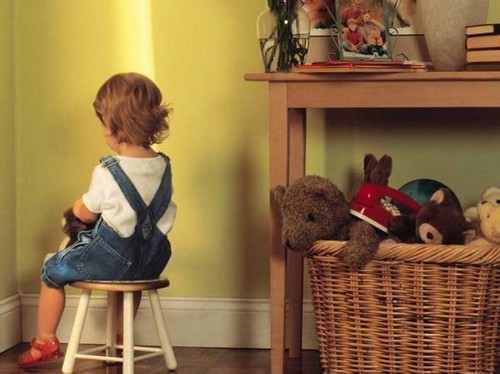The author of the project “Lullabies for the whole family”, music therapist Natalia Faustova, spoke about what kind of music to choose for a child and how to instill a musical taste in it.
Everything can be found on the Internet and on digital media for children today. How to develop a good musical taste in a child, accumulating the heritage of different eras?
I am a supporter of age-related pedagogy and psychology, which is based on the age of the child and adequate ways of development, including musical ones.
And it’s worth starting to cultivate taste even during pregnancy. In addition to my favorite songs, expectant and new mothers to listen to classics and sing lullabies. At the same time, I would not put on a newborn, for example, adult songs with obscure lyrics and complex instrumentation. Musical taste is brought up, like everything else, by personal example. If good music sounds in your family – this is a huge plus.
How do you feel about imitating noises: the sound of my mother’s heart, the sounds of pouring water, “white noise”?
These noises really help kids fall asleep, only correctly selected. And for a tired mother, it turns out to be a real find. I would recommend our gold fund – cudgels and lullabies. This is generally the best basis for early development. From modern songs, take something as simple as possible, professional performance. And best of all for you and for the child – sing for yourself.

But what about the classics?
You can add to the repertoire and classics (mostly positive, in the major fret – Mozart, Tchaikovsky, Schubert). The main thing is to ensure that the duration of one composition does not exceed 5 minutes. The sound source should be at least 1.5 m from the child, and, preferably, just above it. The best time for musical sessions is late morning, immediately after breakfast or even during it, as well as the time before going to bed.
And yet, I personally am against the “adapted versions” of transposing the classics with synthesized sounds of dubious quality.
List of suitable melodies for babies: Nocturnes by Chopin, Schubert “Ave Maria”, Beethoven “Moonlight Sonata”, Bach “The Well-Tempered Clavier”, String Quartets and Sonatas for Piano by Mozart, “Andante” to various Mozart symphonies, Orchestrated Suites by Bach, Waltz Strauss, “Waltz of the Flowers” from Tchaikovsky’s ballet “The Nutcracker”, Pachelbel “Canon”.
Does music really help premature babies gain weight faster?
It’s true. According to studies by French scientists, listening to classics with food increases appetite and improves digestion, especially in premature babies or children who are underweight. “Music treatment” is actively used in intensive care centers, where surprising results are noted for stimulating the development and maturation of infants while playing lullabies.
But what to choose for a three-year period? At this age, the child can already say that he does not want Chopin or the sound of the ocean…
For this age, there are a large number of children’s repertoire written back in Soviet times, and, in my opinion, great! These are choral songs (dial the choir of pop / popov, BDH), and songs from cartoons (performed by Klara Rumyanova, almost all songs by Vladimir Shainsky and others) and films (songs by Alexey Rybnikov, Maxim Dunaevsky, Evgeny Krylatov).
You recommend singing lullabies to children of any age. How does the meaning of lullabies for a child change with age?
Perhaps the most famous melody that is suitable for newborns is the folk “Bai-bayushki-bayu, don’t go to the edge…”. At an older age, when the child is already beginning to distinguish words, lullabies can be included in the repertoire, giving ideas about nature, animals, the world around.
From the age of three to four years, when the vocal apparatus and imaginative thinking of the child are actively developing, one can begin to include author’s lullabies with good music and poetry in his repertoire, for example, to verses by Lermontov, Bryusov, Maykov, composers Tchaikovsky, Glinka, Balakirev, Soviet and Russian contemporary composers: E. Krylatova from the film Umka, I. Dunaevsky from the film Circus, R. Pauls from the film The Long Road in the Dunes, T. Khrennikova from the film Gusarskaya Ballad “, A. Rybnikova from the movie” Little Red Riding Hood “,” Star Boy “and others.
Are there any modern composers worth paying attention to?
I can recommend a very good project by Irina Bogushevskaya, Andrei Usachev and Alexander Pinegin “Playground” with positive songs that are liked not only by children but also by adults.
In the author’s song, I still really love and advise Sergey Nikitin, the wonderful author-performer Raisa Nur. We, in addition to our interactive program of lullabies, are preparing a new positive program where we will unite the whole family from small to large, including a repertoire nostalgic for the older generation, and modern author songs that delight both children and adults.



